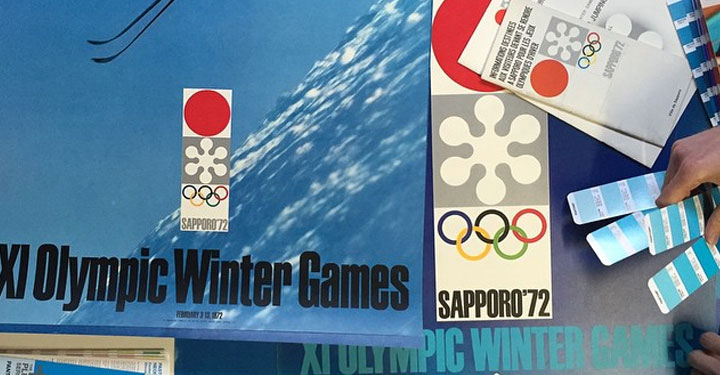
If you cannot find an answer in the FAQ's, ask your question
-
How do the Olympic Games opening and closing ceremonies take place?
-
The philosophy and ceremonial aspects which surround the Olympic Games distinguish them from all other international sports events. Through music, song, dance and fireworks, the opening and closing ceremonies invite people to discover the culture of the country in which the Games are taking place.
In addition to these celebrations, there are some very precise rituals at the ceremonies. It was at the 1920 Games in Antwerp that most of this protocol was put in place. It has been developed over subsequent editions of the Games.
Today, Rule 55 of the Olympic Charter specifies some of the protocol that has to be followed during the ceremonies and the words used by the head of state of the host country to open the Games. The other main points of the opening ceremony are:
- The entrance of the host country head of state
- The national anthem of the host country
- The parade by the participants
- The symbolic release of doves
- The opening of the Games by the host country head of state
- The Olympic anthem, played as the Olympic flag is brought into the stadium and hoisted
- The Olympic oath taken by an athlete
- The Olympic oath taken by an official
- The Olympic oath taken by a coach
- The final leg of the Olympic torch relay and the lighting of the cauldron
- The artistic programme
Learn more:
-
-
Why does an athlete take the oath at the Olympic Games?
-
When an athlete swears the Olympic oath at the opening ceremony, he or she undertakes, in the name of all the other competitors, to abide by the rules and take part in the competitions in a spirit of sportsmanship.
The taking of the Olympic oath by an athlete has been part of the protocol of the opening ceremony since the 1920 Games in Antwerp. The text of the oath, written by Pierre de Coubertin, was modified at the 2000 Games in Sydney, and now includes a phrase affirming the athletes’ commitment not to use drugs.
Learn more:
-
-
What is the Olympic oath?
-
The Olympic oath was first sworn by Belgian fencer Victor Boin at the 1920 Games in Antwerp. It is part of the protocol of the Opening Ceremony, and is taken by an athlete from the host country, on behalf of all the other athletes.
The Oath is similar to the one sworn by the athletes at the ancient Olympic Games. The only difference is that now the athletes take the oath holding the Olympic flag rather than on the entrails of a sacrificial animal.The modern Olympic oath was written by Pierre de Coubertin. It has been modified over time to reflect the changing nature of sports competition.
The current Oath, which refers to doping and drugs, was introduced in December 1999, and was sworn for the first time at the Opening Ceremony of the 2000 Olympic Games in Sydney:
“In the name of all the competitors I promise that we shall take part in these Olympic Games, respecting and abiding by the rules which govern them, committing ourselves to a sport without doping and without drugs, in the true spirit of sportsmanship, for the glory of sport and the honour of our teams.”It was not until 1972 that a judge or an official also swore an oath at the Opening Ceremony of the Games and 2012, at the London Games, that a coach also swore an oath.
Learn more:
-
-
When did an athlete first take the Olympic oath?
-
The Olympic oath was first sworn by Belgian fencer Victor Boin at the 1920 Games in Antwerp.
It was worded as follows : "We swear that we are taking part in the Olympic Games as loyal competitors, observing the rules governing the Games, and anxious to show a spirit of chivalry for the honour of our countries and for the glory of sport".
The wording has changed since, and today reads: “In the name of all the competitors I promise that we shall take part in these Olympic Games, respecting and abiding by the rules which govern them, committing ourselves to a sport without doping and without drugs, in the true spirit of sportsmanship, for the glory of sport and the honour of our teams."
It was not until 1972 that a judge or an official also swore an oath at the Opening Ceremony of the Games and 2012, at the London Games, that a coach also swore an oath.
Learn more:
-
